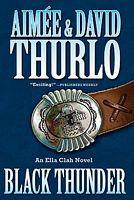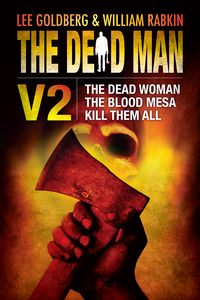Bonnie Kaye reports on her Jones Harvest Fraud Victims blog that Brien Jones' sleazy vanity press is finally dead and buried. She writes, in part:
Brien Jones is a predator. He had his staff calling people in nursing homes to solicit them for money. Some of his past employees have called me with the horror stories of how horrible they felt doing this. Children of three different elderly authors have contacted me after their parents died waiting for books that were never printed.
[…]Some of you are aware that Jones opened a bookstore in a strip mall in the middle of nowhere. Since he was unable to get author books into real bookstores, he rented his own with the money donated by two authors in order to have the store named after them, Bidwell Moore and Merlene Byars. […]I called several stores in the shopping strip where the store was located and they confirmed that Jones “snuck out” in the middle of the night due to non-payment of rent.
Brien Jones has given up snookering elderly people out of their savings to "publish" their books to reportedly concentrate on becoming an author himself. I only wish he was writing his books from a prison cell. The real tragedy here is that law enforcement officials in Indiana let Jones continue with his sham publishing company until it finally, and thankfully, crumbled under his staggering incompetence.





